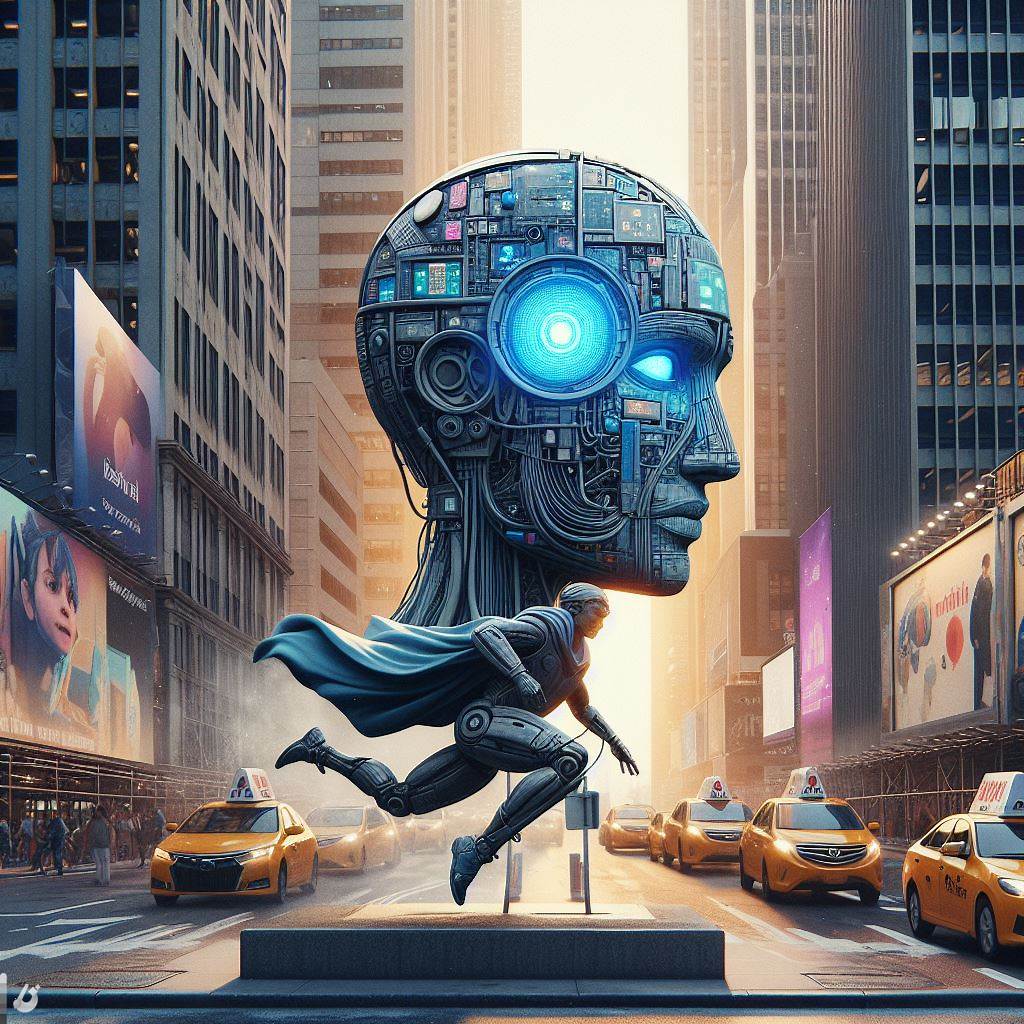
The New York Times has initiated legal action against OpenAI and Microsoft, accusing them of utilizing the Times' content without permission for training artificial intelligence (AI) models. The lawsuit, filed in the Southern District of New York, contends that OpenAI, the creator of ChatGPT, and Microsoft violated the Times' copyrights by incorporating millions of copies of its content into AI training datasets.
According to the complaint, the generative artificial intelligence (GenAI) employed by OpenAI relies on large-language models (LLMs) built by copying and using substantial portions of the Times' copyrighted material, including news articles, investigations, opinion pieces, reviews, and guides. The lawsuit also alleges that the output of OpenAI's ChatGPT infringes on the Times' copyrights.
The Times asserts that through Microsoft's Bing Chat (now "Copilot") and OpenAI's ChatGPT, the defendants exploit the newspaper's substantial investment in journalism to create substitutive products without proper authorization or compensation.
A spokesperson for OpenAI responded to the lawsuit, stating, "We respect the rights of content creators and owners and are committed to working with them to ensure they benefit from AI technology and new revenue models." The spokesperson expressed surprise and disappointment with the legal action, emphasizing ongoing constructive discussions with the New York Times.
Microsoft has yet to provide a comment on the matter.
This legal dispute is part of a broader trend, with several copyright infringement lawsuits emerging against companies developing and marketing AI tools. Notably, authors such as John Grisham and George R.R. Martin, known for "Game of Thrones," previously filed a lawsuit against OpenAI and planned to include Microsoft as a defendant.
In defense of its practices, OpenAI has pointed to the fair use doctrine, arguing that its use of copyrighted materials for AI training is transformative and serves to enhance the generation of AI content. The outcome of these legal actions may significantly impact the intersection of artificial intelligence and copyright law.